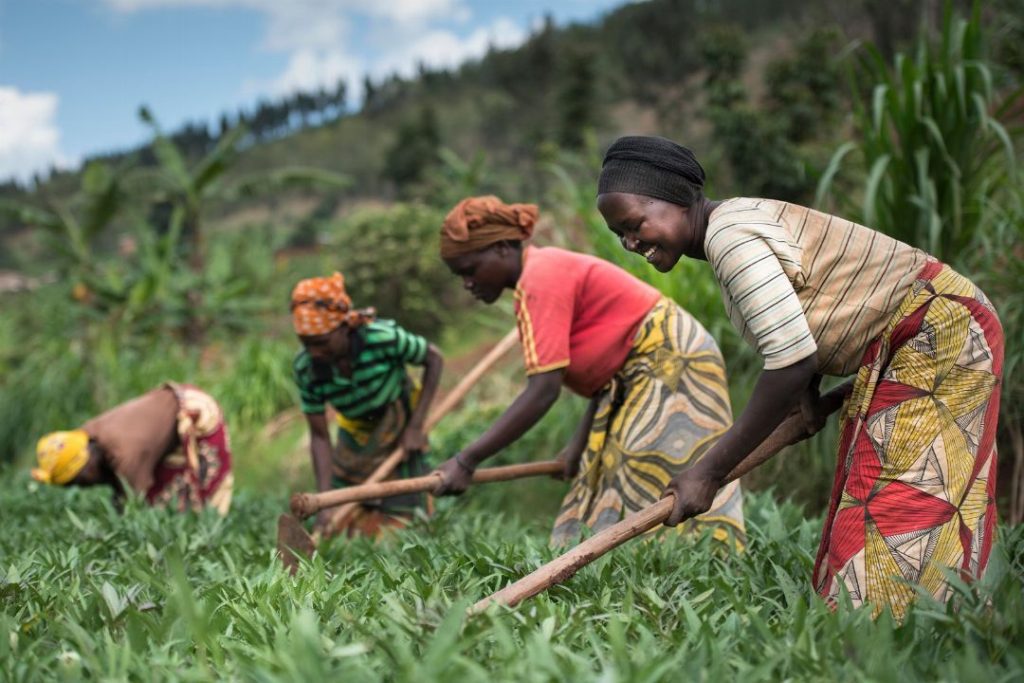The saying, “what a man can do, a woman can do better”, is particularly visible in Nigeria’s agricultural landscape. Women farmers play a vital role in agricultural productivity, farming workforce, contributing immensely to food production, processing, household sustenance, rural economies, food security, and marketing. The Food and Agriculture Organisation (FAO) of the United Nations says women in developing countries contribute between 60% to 80% of food production activities.
Across Nigeria, women are not just involved in farming – they are the backbone of agricultural productivity, especially at the smallholder level, active participants in nearly all phases of agriculture – from land preparation, cultivation, planting, and weeding, to harvesting, processing, and marketing. In fact, it is estimated that women produce up to 70% of the food consumed in Nigeria. This contribution is both quantitative and qualitative.
Women farmers are found to produce 30% less per hectare than their male counterparts, owing to the fact that they use fewer inputs and have limited participation in extension services, farm less-valuable crops, and hire less productive labour. A report by the African Union Inter-African Bureau for Animal Resources noted that 70% of rural women in Northern Nigeria had little or no access to extension services or veterinary support, greatly limiting their ability to maximise their contributions to the livestock sector. The Federal Ministry of Agriculture and Food Security had argued that women represent about 40% of Nigeria’s livestock farmers, with Northern Nigeria being a primary area of engagement.

Climate change has intensified challenges for these women, as droughts and other climate-related events become more frequent, they struggle with pasture scarcity, water shortages, and reduced livestock productivity. Women Empowerment in Agrifood Governance Framework stated that women are often excluded from governance institutions. The Consultative Group on International Agricultural Research Gender Equality Initiative, through its HER+ initiative, has further called for improved access to agricultural lands and resources for women. This newspaper recommends that the place of women in agriculture can be better fortified through a deliberate and gender-sensitive approach to agricultural development. There must be legal reforms to ensure women can own and inherit land. Financial institutions must develop gender-inclusive loan products that cater for specific needs of female farmers.
These include flexible repayment schedules and lower collateral requirements, organising training programmes that offer targeted training sessions on financial management skills and involvement in policy dialogue and decision-making; promotion of gender awareness; engagement of men and communities to challenge restrictive social norms and promote shared responsibilities; and improved access to agro-inputs; availability of quality and adequate farm inputs for women farmers. By addressing these challenges, we can empower them, as empowering women farmers is not just a matter of equity, it is a strategic imperative for national development.

